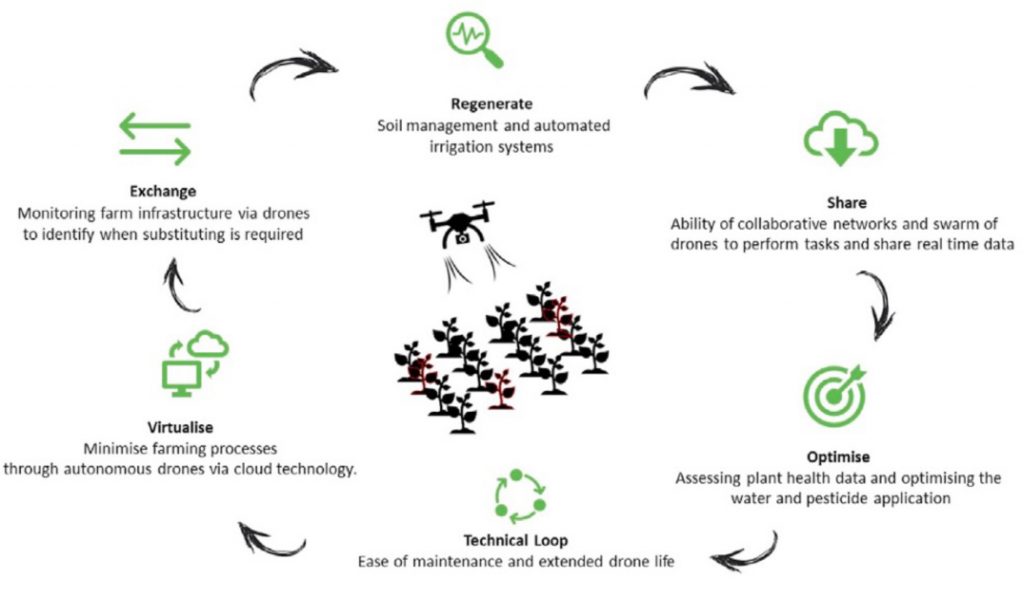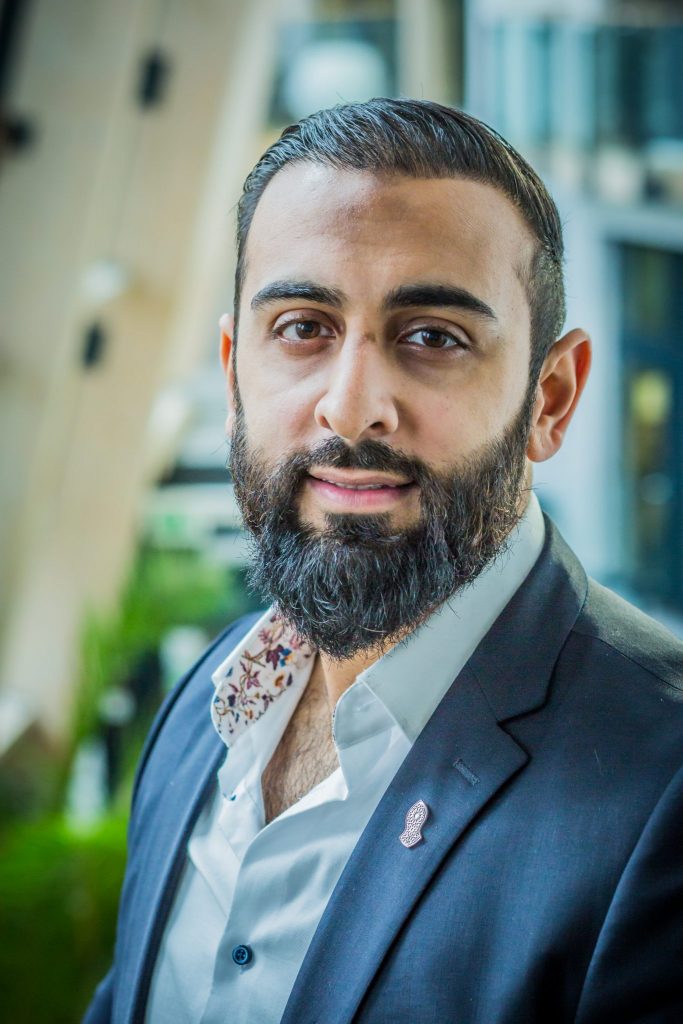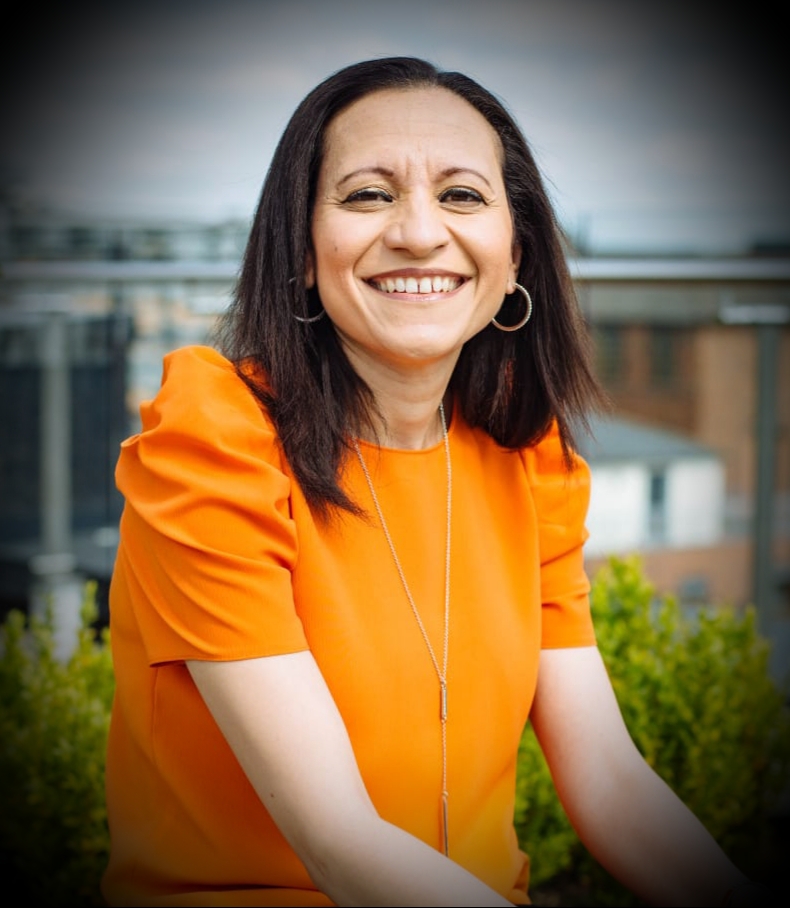UPF Barcelona School of Management’s Dean, Oriol Amat, and its Director of International Relations and Accreditations, Jordi Rey, discuss the importance the School places in culture and the humanities
Since the School was founded in 1993, UPF-BSM has worked to build international partnerships and networks – but equally, it has focused on building social responsibility and culture, notably by encouraging its students to study classical literature as part of their MBA studies.
This interview with Oriol Amat, Dean of UPF-BSM and its Director of International Relations and Accreditations, Jordi Rey, seeks to find out how the School nurtures an appreciation of the humanities and how this can widen the perspectives of tomorrow’s business leaders.
What do you think differentiates UPF Barcelona School of Management?
Oriol Amat (OA): Our School is focused on ‘management’, rather than just ‘business’. This means that apart from typical business programmes, our portfolio includes programmes and research related to public management, health management and cultural organisations, among other subject areas.
The School also has a strong commitment to culture and the humanities – all students and programmes have some activities and courses related to culture and the humanities as well as to social responsibility and ethics. Finally, in alignment with the wider Pompeu Fabra University’s objective of generating and transmitting new knowledge about the concept of ‘planetary wellbeing’, UPF-BSM thinks that leaders must be prepared with a global vision and social commitment in a public-private setting. These competencies will be necessary to cope with the challenges that we are going to face in the coming years to improve people, organisations, countries, and the planet.
Accreditation plays a crucial role in ensuring the implementation of our value proposition and having our organisational management systems ready to overcome any unexpected challenges. AMBA, for example, will help us to have our EMBA and MSc in management programmes more prepared for the current global challenges, and those which are yet to come.
UPF-BSM is renowned for having a strong focus on humanities and culture. How would you define ‘culture’ and how does the School cultivate this?
OA: ‘Culture’ is a way of life – it encompasses knowledge, arts, laws, beliefs, capabilities, and the customs of a society. As French author, André Maurois, said: ‘Culture is what remains after having forgotten what was learned.’
The humanities and culture are present in all of the School’s activities that take place during an academic year: programmes, research, publications, and events. To give an example of the cultural dimension’s importance at UPF-BSM, each year we give a classic piece of literature as a Christmas present to all students, faculty and staff – The Tempest by William Shakespeare this year, The Prince by Niccolò Machiavelli last year, Candide by Voltaire two years ago. UPF-BSM also has a blog, ‘Micromégas’, that is named after the Voltaire novella and which is devoted to culture.
You’re keen for students to understand and appreciate classic literature – why is this important in aspiring business leader?
OA: Good leaders read a lot, and we feel that there is a lot to learn in classic literature. Reading the classics provides a lot of perspectives that allow a person to better understand other people (co-workers, managers, customers, suppliers, bankers, trade unions, and so on) and to gain a broader outlook, empathy and assertiveness. Another outcome of reading is that leaders improve their communication skills.
What are the biggest challenges facing international Business Schools?
Jordi Rey (JR): I foresee two types of challenges for Business Schools. The first type is about facing what we already know. The second type is about being prepared for what it is to come, but that is as yet unknown. The first type requires evolving our organisations and becoming ready to take advantage of the opportunities brought by global challenges, like the pandemic.
For Business Schools, not travelling that much and the remote working, or remote learning, is breaking some physical barriers and helping us to become more global and more digital than ever before. We need to take advantage of distance learning, e-commerce, digital transformation, health management or supply chain management – all these areas where Schools have new opportunities.
This requires agility – something that is also related to the second type of challenge. If you do not know what is coming next but are prepared to respond quickly to new challenges, you will keep a competitive advantage, whatever your industry.
To overcome these two types of challenges, it’s important to have an external view of what your Business School does. External evaluations help institutions to benchmark internationally with best practices. They also strengthen the School leadership, foster a global mindset and define better processes [that can result in] having a faster decision-making organisation.
Finally, it is important that Schools act as role models and inspire companies for a continuous transformation context where change management seems to be the new normal.
The business education arena – like the business world – is being disrupted as never before by globalisation and rapid technological change. What innovations are being developed at your School to future-proof its postgraduate business programmes?
OA: We are developing a more flexible educational model where students will be able to learn strategic and operational competencies with some special components, like culture or humanities.
Our portfolio is being simplified to have fewer programmes but more tracks, this ensures that the education is more adapted to the profile and needs of every student.
Our programmes are considering new modalities where face-to-face, online or hybrid forms are becoming more integrated, with new methodologies like flipped learning being introduced. Some innovations are also being developed to teach and assess soft skills in a distance setting.
Our learning experience is becoming more global with a more flexible approach: study trips, mobility abroad, visiting professors, COIL (Collaborative Online International Learning) initiatives or double degrees are options to provide this additional global perspective of management.
Social commitment, ethics, culture, and innovation are components that are being increasingly embedded in our programmes to prepare future leaders who will overcome the global challenges that the planet is facing. All the transformations in our portfolio are necessary to be more sensitive to planetary wellbeing.
Do you think the business education sector, as a whole, is responding quickly enough to this disruption?
JR: The business education sector is responding fast, but transformation process outcomes depend on the starting point of each institution.
Unfortunately, not all Schools are prepared for a distance learning setting, for example. At the same time, not all regions in the world have the best facilities to provide a high quality of distance teaching.
However, Schools that have similar facilities are competing in a global context where the quality of the learning experience can be the same no matter where you are delivering the content from.
The higher education sector as a whole is becoming more and more competitive. In addition, new content providers are now playing a role. The options are becoming more open and if you want to keep your competitive advantage, it is also important to provide additional added value through high-quality professional career services, student tutoring, networking, and alumni services. Because of this, Business Schools need to go beyond the traditional lecture and offer a more holistic experience in the new digital student journey.
How is technology continuing to impact on the Business School environment? How important is it that Business Schools are ahead of the curve here and what more could, and should, they be doing?
JR: Business Schools play a leading role in our society where public and private initiatives might want to meet and develop innovations in a controlled setting. Business leaders are being prepared in our Business Schools, which means that if we want to infuse technological innovations in organisational management systems, School operations should also be digital and ahead of the curve. We need to walk the talk.
We can also offer room for new tech-based startup platforms in our institutions where people can find the right talent and resources to develop these types of innovative solutions. In addition, Business Schools have the opportunity to open the spectrum and work with institutions from other disciplines – for example, those in engineering or the humanities – to prepare more holistic and digital leaders.
Do you think there is a reluctance on the part of Business Schools to introduce too much change into their programmes?
JR: All Business Schools want to keep their identity and, at the same time, a good position in the higher education industry. The need for change depends on the position of a School’s brand and how the School is perceived in international markets.
Change is good but radical change for [the sake of] change might not make sense if there is no need to. On average, the perception is that incremental change is more welcome than radical change. Change in this sense may centre on the continuous improvement of what is already working and on implementing focused disruption in relation to specific programmes that need to be revamped.
Nevertheless, the highest-ranking universities and Business Schools are invited to create trends and introduce innovations in their programmes to keep their leading position. If they do not, a School’s value proposition can become out of date in the long run.
Students care about sustainability and climate change. How important do you think sustainability is, and in what ways has your Business School adapted this into its programmes?
OA: Sustainability and climate change are directly related to planetary wellbeing, to which UPF-BSM is fully committed. This is a commitment to improving the quality of life for people, organisations, countries, and the planet itself.
Our programmes also include ethics as a transversal and core component. It means that every student is equipped with a sensitivity to help the planet become more sustainable in the long run.
What do you think ‘sustainable leadership’ looks like?
OA: In 1970, Milton Friedman (winner of the Nobel Prize for Economics in 1976) said the unique social responsibility of a company was generating economic wealth for its shareholders. Today, this is not acceptable, and companies must generate value in three dimensions: economic, social and environmental. Today’s leaders must care not only about its shareholders, but also all other stakeholders, the public and the planet.
What are the next steps for yourselves as Business School leaders?
JR: Our next steps are to keep working with our colleagues to create added value for the AMBA network through our contributions and help our students to become better people and better professionals.
OA: The School is proud to be part of the AMBA & BGA family and we expect to help our institution to become a world-class School of Management, in line with the reputation of Pompeu Fabra University. The final outcome in this is to generate scientific and social impact in our society, in order to generate more wellbeing.
Do you feel optimistic about the future of business, Business Schools, and the economy?
OA: We are still suffering from the Covid-19 crisis, but because of the effectiveness of the vaccines, it is now possible to see the end of this crisis. I think that by the end of this year, there will be a great economic recovery at the global level. In the case of Europe, a full recovery will be a reality in some countries, especially in central and northern Europe. In the case of southern Europe, it is possible that the recovery will arrive a bit later, in 2022 or 2023. This will have consequences for Business Schools.
I have seen the evolution of Business Schools in the past decades and the sector has grown both in years of economic expansion and in years of recession. During recessions, companies reduce the budget for education, but individuals invest more in their education as a strategy to face the crisis. All things considered, I feel very optimistic about the future.
JR: The future is unknown, but it is also a place to be created. Right now, business, Business Schools and the economy are going through another wave of transformation like the industrial revolution. At that time, artisans had to reinvent themselves and now we are also facing a moment of overall change. It is about adaptability and capacity for change. It is all about evolution.
Oriol Amat is Dean of UPF Barcelona School of Management, Pompeu Fabra University (UPF-BSM) and Full Professor of Financial Economics and Accounting at Pompeu Fabra University.
Jordi Rey is Director of International Relations and Accreditations at UPF Barcelona School of Management, Pompeu Fabra University (UPF-BSM), where his role focuses on the School’s accreditation and internationalisation strategy.
This article was originally published in Ambition (the magazine of BGA’s sister organisation, AMBA).









































